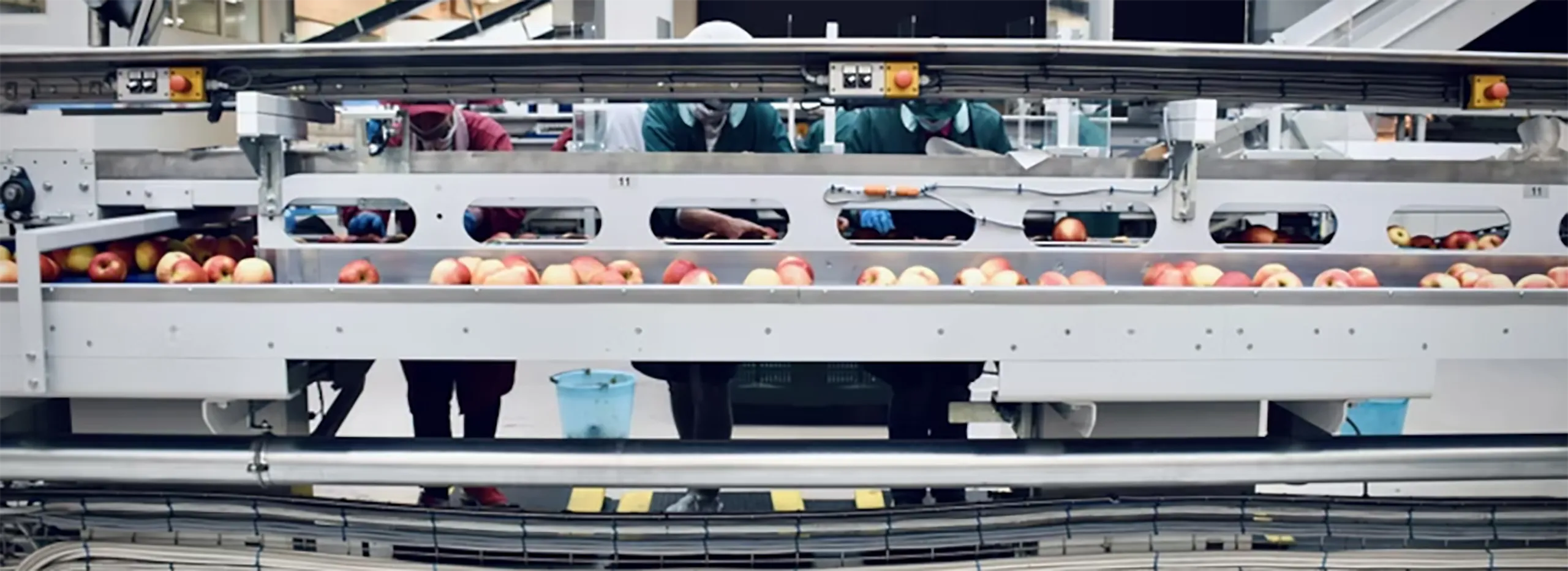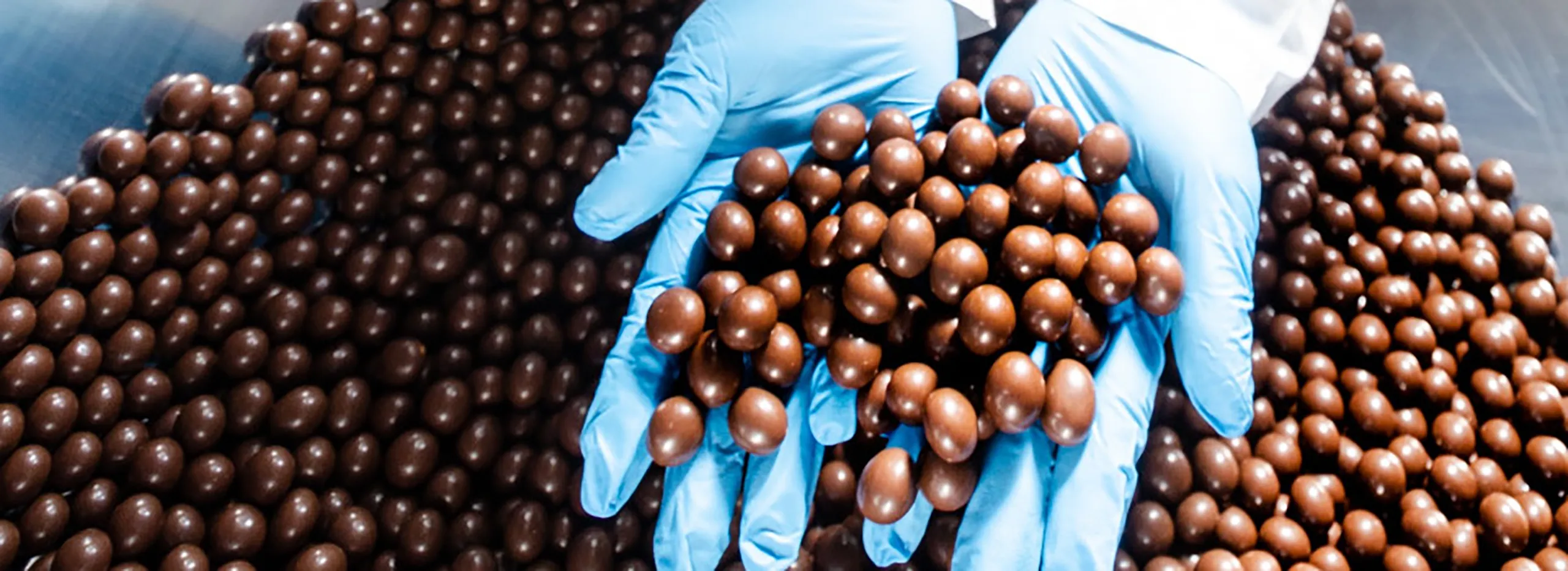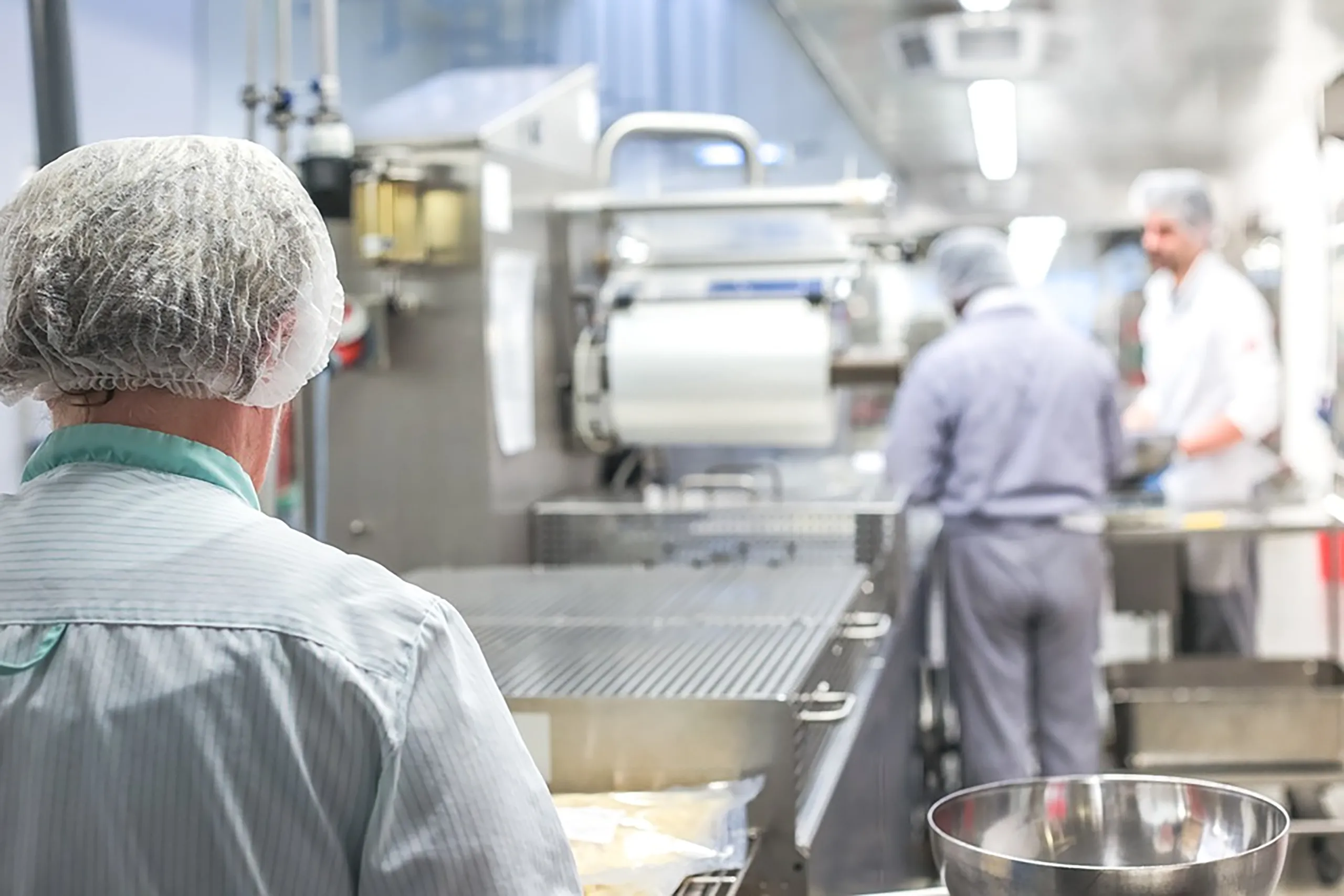Contaminated food waste is a serious concern in the food industry. It happens when food products become contaminated by chemicals, physical objects or allergens. If not handled correctly, it can cause health risks, legal problems and significant financial losses.
In this post, we’ll discuss the types of contamination, ways to prevent it and how to manage contaminated food waste sustainably.

Types of Food Contamination
There are four main types of food contamination:
- Chemical Contamination
Chemical substances like pesticides, fertilisers and cleaning agents can contaminate food, making it unsafe for consumption. - Microbial Contamination
This occurs when harmful microorganisms such as bacteria, viruses, fungi or moulds enter the food. - Physical Contamination
This involves foreign objects, such as jewellery, hair, packaging materials, or machinery parts, entering food products. - Allergenic Contamination
This occurs when a tool used for one product has also been used for one of the 14 named allergens. Cross-contact with allergens can be dangerous, especially for people with allergies.
The problem of contamination
Food contamination can have severe consequences, including:
- Wasted Resources: Contaminated products can’t be sold, resulting in wasted time, money and materials.
- Legal Risks: Failure to meet food safety standards could lead to legal action and product recalls.
- Reputation Damage: If contaminated products reach customers, it could result in illness and significant damage to your brand’s reputation.
- High Costs: Recalling products is expensive, involving disposal of the contaminated goods, loss of sales and legal fees.

How to prevent food contamination in your business
Prevention is key to reducing food contamination. Here are some actionable steps:
- Segregate Raw and Ready-to-Eat Foods
Always store raw materials and finished products separately, as well as the tools and machinery used for different processing stages. - Maintain Site Hygiene
Regularly clean and disinfect your workspace and equipment. Store cleaning materials safely away from food products. - Educate Your Staff
Ensure all staff members understand hygiene standards and procedures. Managers should set the example for best practices. - Regular Equipment Maintenance
Conduct regular inspections and maintenance of equipment to prevent physical contamination from machinery.
Handling contaminated food waste management responsibly
In the event that food waste becomes contaminated, it’s crucial to manage it responsibly. Traditionally, contaminated food would be sent to a landfill but this is costly and inefficient.
At Agecko, we offer sustainable food waste management solutions. By segregating food waste effectively, even food-contaminated plastics can be recycled and diverted from landfills. Food waste can also be processed through anaerobic digestion to generate renewable energy.
Our sustainable solutions for contaminated food waste
Agecko can help your business adopt sustainable practices for managing contaminated food waste, reducing landfill use and saving on waste management costs. We provide:
- Zero Waste to Landfill solutions
- Sustainable waste segregation
- Recycling and energy generation services
We’ll help you transition to a more sustainable business model while reducing waste management costs.
